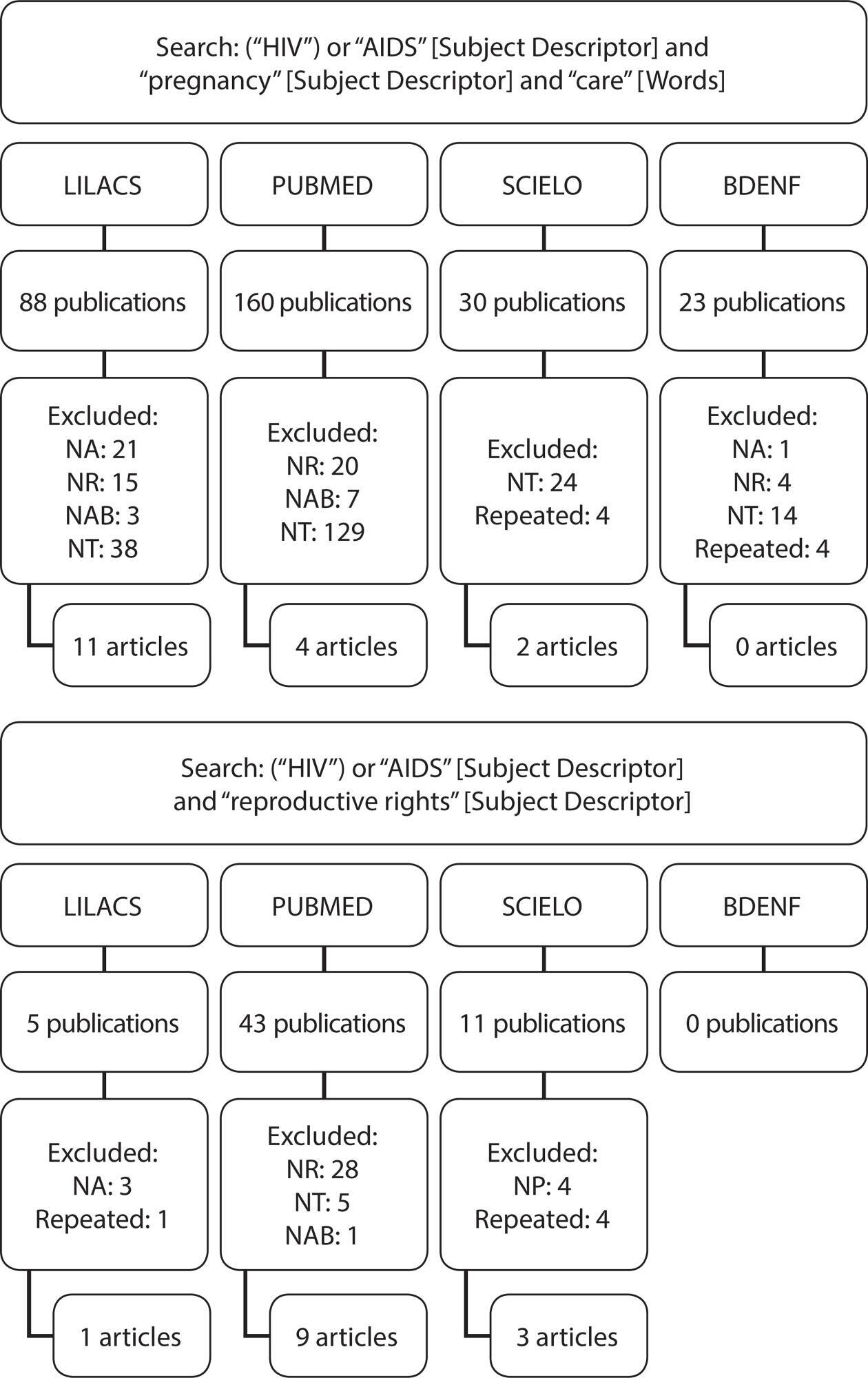-
REFLECTION
Women and COVID-19: reflections for a sexual and reproductive rights-based obstetric care
Revista Brasileira de Enfermagem. 2021;74(suppl 1):e20201164
07-12-2021
Abstract
REFLECTIONWomen and COVID-19: reflections for a sexual and reproductive rights-based obstetric care
Revista Brasileira de Enfermagem. 2021;74(suppl 1):e20201164
07-12-2021DOI 10.1590/0034-7167-2020-1164
Views0See moreABSTRACT
Objective:
This essay aims to reflect on the repercussions of the pandemic in obstetric care in the light of sexual and reproductive rights, focusing on delivery and birth care.
Results:
The reflection shows that the pandemic has accentuated the violation of these rights, which is evidenced by racial inequalities in maternal mortality, as well as restrictions and interventions in childbirth care without scientific evidence, detour of resources, interruption of services, reduced human resources, shortage of medicines and supplies, and imbalances in the provision of health services.
Conclusion:
It is concluded obstetric care faces even greater barriers in access to health care, just as the pandemic of COVID-19 highlighted inequities, disproportionately impacting vulnerable populations whose human rights are less protected.
-
REVISÃO
Motherhood and HIV: reproductive desire, ambivalent feelings and a/an (not) offered care
Revista Brasileira de Enfermagem. 2019;72(5):1378-1388
09-16-2019
Abstract
REVISÃOMotherhood and HIV: reproductive desire, ambivalent feelings and a/an (not) offered care
Revista Brasileira de Enfermagem. 2019;72(5):1378-1388
09-16-2019DOI 10.1590/0034-7167-2018-0063
Views0See moreABSTRACT
Objective:
To identify in the scientific literature the feelings of women living with HIV in relation to reproduction and motherhood, as well as the care provided by health professionals regarding reproductive health as a right.
Method:
Integrative review carried out in 2017, in the databases LILACS, PUBMED, BDENF and SciELO Virtual Library. We analyzed 30 articles.
Results:
As feelings, the motivation for reproduction and self-care, fears, uncertainties and hopes were evidenced. As care, services that support reproductive decisions were evidenced, but, predominantly, the disregard for the desire and care incipience for reproductive planning.
Conclusion:
There is no comprehensive and humanized work on the reproductive issues of these women, either through the neglect of the desire and viability of gestation or by the incipient care to the ambivalent emotional experiences. There is a need to qualify the care model in order to configure it, in fact, as care, aiming at guaranteeing reproductive rights.

-
RESEARCH
Possibilities of care for serodiscordant couples for HIV who got pregnant
Revista Brasileira de Enfermagem. 2017;70(6):1199-1205
01-01-2017
Abstract
RESEARCHPossibilities of care for serodiscordant couples for HIV who got pregnant
Revista Brasileira de Enfermagem. 2017;70(6):1199-1205
01-01-2017DOI 10.1590/0034-7167-2016-0344
Views0See moreABSTRACT
Objective:
Understanding the meaning of pregnancy for heterosexual couples facing serodiscordant situation for HIV, aiming at construction of care possibilities based on subjectivity.
Method:
Phenomenological research, theoretical-philosophical-methodological framework by Martin Heidegger. Research was conducted in a University Hospital in the countryside of Southern Brazil, from September 2013 to May 2014 through a phenomenological interview, with participation of eleven couples.
Results:
For the couples, pregnancy is part of life when they wish to have a child, even when one or both of them already have children from previous relationships. In addition, it is part of life when they consider the risks and do not want to have children in such circumstances anymore, but it happened unexpectedly.
Conclusion:
Understanding reproductive needs and demands of these couples is an aid for qualification and improvement of care as a contribution to nursing care planning towards reproductive health of these couples.



